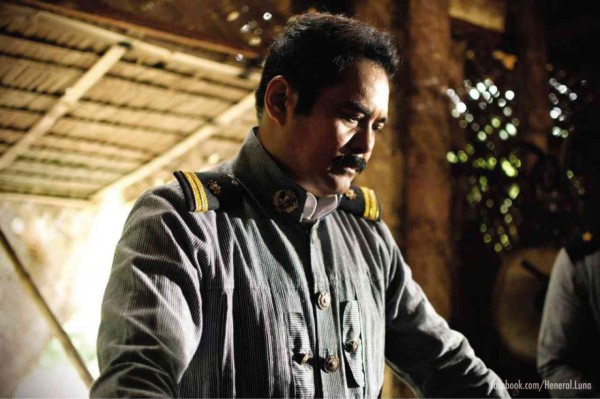History lessons insightfully taught–and vividly learned
MANY PEOPLE have been impressed, not just with the quality of Jerrold Tarog’s “Heneral Luna,” but also with its impact on film and history buffs, students and the general populace.
What makes the film so successful and persuasive? It’s the movie’s combination of artistic virtues, production values—and insights into the significance of past events and their continuing relevance to the way we are today.
It is this rare sustained pertinence that has made its depiction of the horrors and heroics of the past vitally relevant to current events, and made it “come alive” in the hearts and minds of viewers—especially the young, some of whom feel lost and adrift, and are thus grateful for the sign posts that the film has put up.
They include reasons why Filipinos find it so hard to get united as a nation, partly due to our archipelagic geography, and excessive provincial, familial and clannish loyalties.
Add to that our invaders’ soul-eroding “gift” of colonial mentality, which is still alive and knee-jerkingly kicking to this day (although some won’t admit it). Thus does the film come up with the most disturbing but powerful insight of all: “We are our own worst enemy.”
Article continues after this advertisementFailing marks
Article continues after this advertisementYes, our colonizers helped make us “this way,” but unless we can rise above this seminal flaw or lack in our emotional and psychological character, we will continue to assassinate and eliminate more heroes like Antonio Luna, take one step forward, two steps back—and get failing marks as a nation.
Other productions have issued similar warnings and caveats, but “Heneral Luna” excels and deserves attention because it takes pains to earn it:
It “bothers” to have scope, complex conflicts and characters as opposed to the facile kind, period believability, powerful portrayals, and versatility in filmic modes of presentation.
Best of all, it goes beyond factual historical events and judiciously employs subjective emotion and insight to make its selective retelling of events not just a series of “facts,” but also a clarifying account of why those events happened.
For this, its scriptwriters (Henry Francia, EA Rocha) and all-around auteur Tarog should take a deep bow. The fact that the film is doing exceedingly well at the box office should encourage other filmmakers and financiers to come up with similarly insightful movies, not all of them historical.
Any exceptionally believable and insightful film would similarly deserve the grateful patronage of the viewing populace. —But, its makers should be as gifted and committed as the cinematic artists who have excited and empowered us with “Heneral Luna.”
